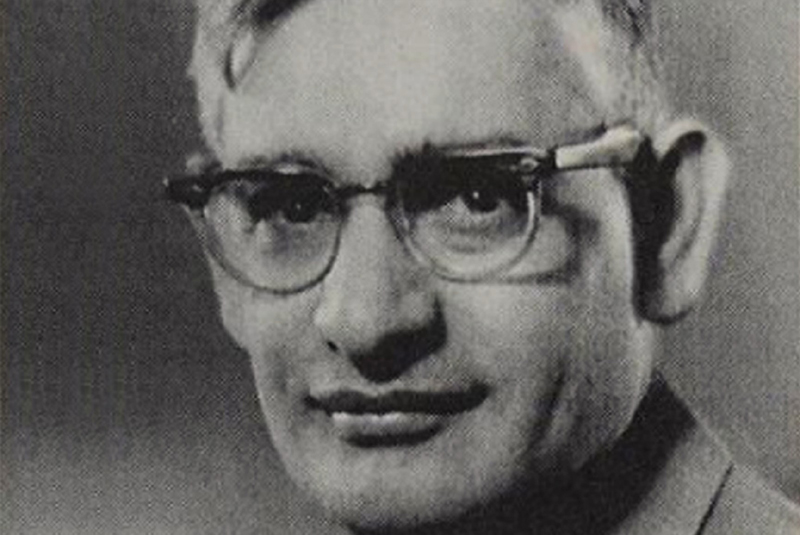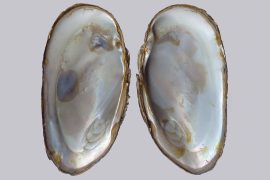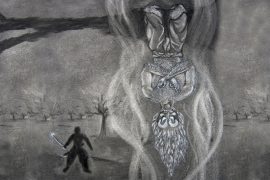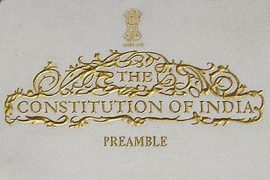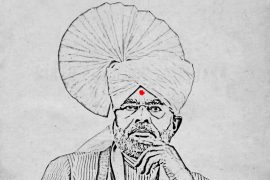Har Gobind Khorana, one of the earliest scientists to understand and illustrate the role of nucleotides in protein synthesis, played a significant role in unraveling the genetic code. He also helped develop artificial gene fragments and tailor-made methods that predicted the invention of polymerase chain reaction (PCR), a biochemical technology used to amplify one or several copies of a piece of DNA.
Born on January 9, 1922, in a Hindu family in Punjab, Pakistan, Har Gobind was the youngest in a family of one daughter and four sons. His father served as a village agricultural tax officer in the British Indian system of government. Although poor, his father still devoted himself to the education of his children; they were the only literate family in the village.
Khorana went to D.A.V. High School in Multan, where he was profoundly influenced by his teacher, Ratan Lal. He then attended Punjab University in Lahore, where he obtained his M. Sc. In a few years, fortune favoured Khorana. He won a fellowship from the Government of India that enabled him to pursue a PhD at the University of Liverpool. At the University of Liverpool, Roger J. S. Beer oversaw Khorana’s research.
This stroke of good fortune helped Khorana pursue pathbreaking scientific research. Incidentally, this also was a tough time for his family who were caught in the disturbing events of partition. His family left Multan, which was their home for centuries.
-30-
Copyright©Madras Courier, All Rights Reserved. You may share using our article tools. Please don't cut articles from madrascourier.com and redistribute by email, post to the web, mobile phone or social media.Please send in your feed back and comments to [email protected]

